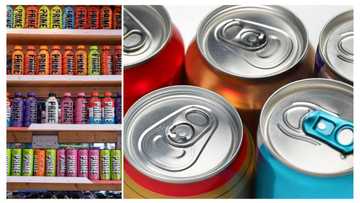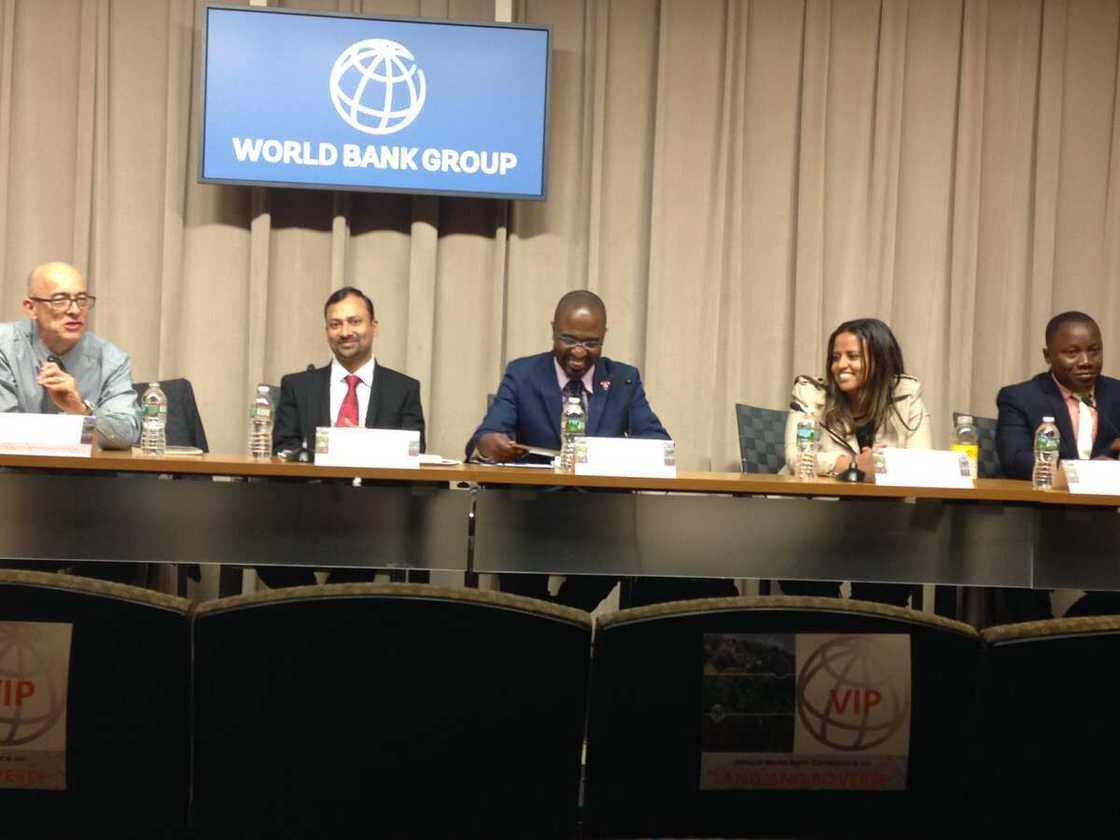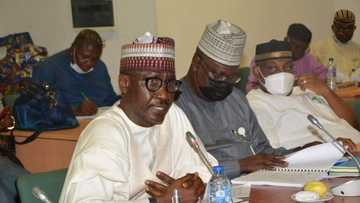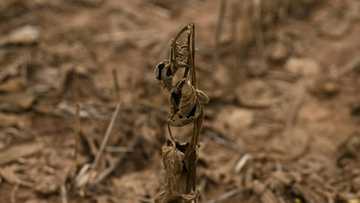FG Borrows Another N368bn From World Bank, Promises to Distribute All to 50m Qualified Nigerians in June
- The Federal Government of Nigeria has secured a loan of over N386 billion ($800 million) from the World Bank
- The government has made a promise to distribute the entire loan to 50 million Nigerians starting in June
- This move is ahead of plans to remove fuel subsidy which will see the cost of transportation and goods rise
PAY ATTENTION: Сheck out news that is picked exactly for YOU ➡️ click on “Recommended for you” and enjoy!
The Federal Government of Nigeria has obtained a loan of more than N386 billion ($800 million) from the World Bank.
Starting in June, the loan will be used to provide post-petroleum subsidy palliatives to over 50 million Nigerians.
The aim is to mitigate the potential increase in the cost of transportation and goods that could arise from the removal of fuel subsidy.

Read also
FG suspends proposed increase in taxes on soft drinks, beverages, alcohol, manufacturers happy over decision

Source: Depositphotos
Zainab Ahmed, the Minister of Finance, Budget and National Planning, made the announcement on Wednesday, April 5, after a Federal Executive Council meeting chaired by President Muhammadu Buhari.
PAY ATTENTION: Join Legit.ng Telegram channel! Never miss important updates!
According to the minister, the loan will be disbursed in cash transfers and other non-cash palliatives such as a mass transit system for workers’ daily commute.
The government is also in negotiations to raise more resources for additional palliatives.
How will the money be distributed?
Ahmed clarified that the initial phase of the palliatives, which amounts to $800 million, will be distributed as cash transfers to 10 million households, Punch reports.
Her words:
“The Petroleum Industry Act stipulates that after 18 months, all petroleum products must be deregulated, which brings us to June 2023. We included a provision in the 2023 Medium Term Expenditure Framework and the Appropriation Act to help us eliminate fuel subsidy by June 2023.

Read also
Senate demands answers from NNPC boss, over missing N102 billion worth of crude oil deliveries."
"We're making progress, engaging with various stakeholders, and have secured funding from the World Bank as the first instalment of relief measures. This will allow us to provide cash transfers to the most vulnerable people in our society, who have been identified and registered in a national social register."
"The register currently has 10 million households listed, which equates to around 50 million Nigerians."
When asked how much funding the FG received from the World Bank, the minister said:
“$800m for the scale-up of the National Social Investment Programme at the World Bank. And it’s been secured, it’s ready for disbursement”.
However, she noted that the FG must raise more resources to enable it to do more than cash transfers.
"Discussions are ongoing to implement non-monetary measures, including a mass transit system, to aid workers in their daily commute."
Additionally, Ahmed stated that there are several proposals in the works, some of which can be implemented immediately, while others may require more time for medium-term implementation.
World Bank, KPMG make predictions ahead of Tinubu's govt
Meanwhile in another report, World Bank and KPMG have issued nearly identical forecasts of Nigeria's economic growth rate in 2023.
According to both respected financial institutions, Nigerians should expect growth between 2.8% and 3% in the year.
Their predictions are based on inflation, high debt to service, oil production, and political transitions to Tinubu's government.
Source: Legit.ng


